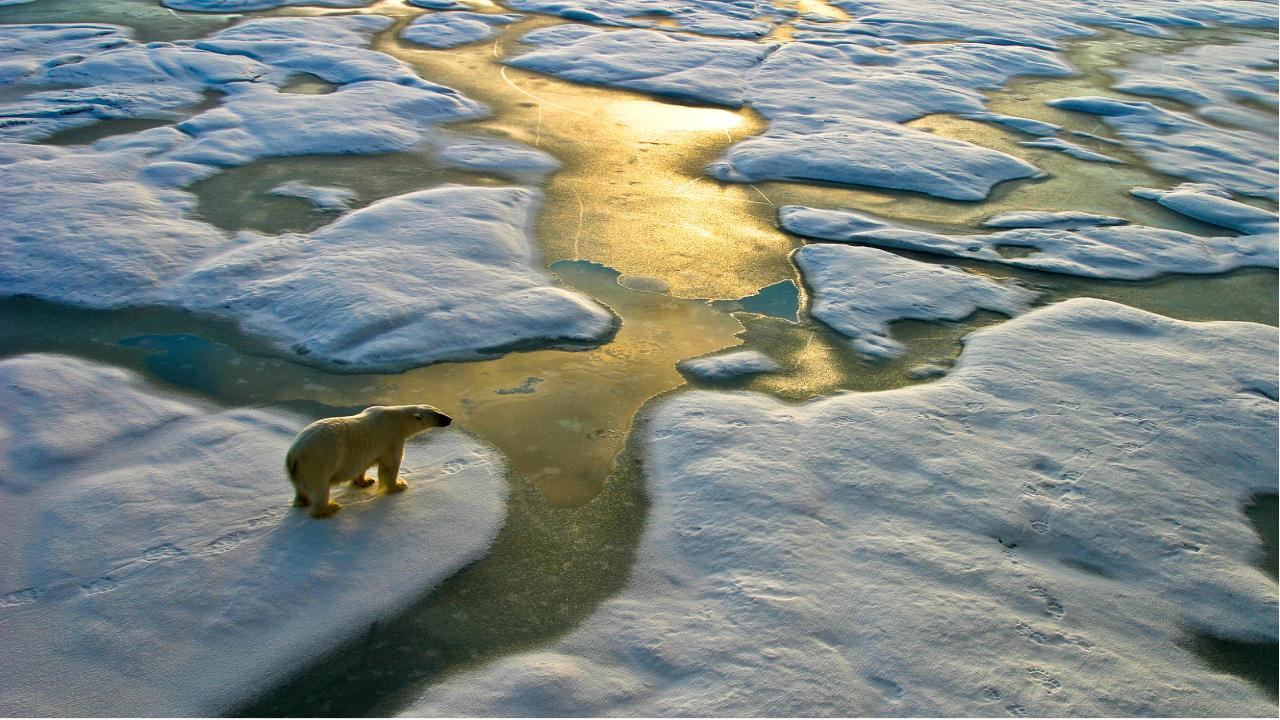Omega-3 fatty acid is an essential fat that the human body cannot produce on its own, and is widely regarded as a "good" fat that links seafood consumption to heart health

Image for representational purpose only. Photo: istock
The extent of the effects of global warming are visibly seen around the world in the loss of sea ice, rising sea levels and the increasing number of heat waves. However, a recent study has revealed that the effects of climate change will not only be seen in external factors. It will also affect people at the health and fitness level. In what is said to be the first-ever survey of planktonic lipids in the ocean, the study has revealed that there could be a temperature-linked decrease in the production of omega-3 fatty acids, known to be essential for the human body.
This means as global warming proceeds, there will be fewer and fewer omega-3 fatty acids produced by plankton at the base of the food web, which will mean less omega-3 fatty acids available for fish and for people, according to the study published in the journal Science.
Omega-3 fatty acid is an essential fat that the human body cannot produce on its own, and is widely regarded as a "good" fat that links seafood consumption to heart health.
The research "is another example of how human activities are perturbing the oceans in ways that we never expected, and of the uncertainty of how the ocean is going to respond to warming", said Benjamin Van Mooy, senior scientist at Woods Hole Oceanographic Institution (WHOI), a US-based non-profit organisation.
The team conducted a survey that analysed 930 lipid samples across 146 locations collected during seven oceanographic research cruises from 2013-2018, using a uniform high-resolution accurate mass spectrometry analytical workflow.
"Focusing on ten molecularly diverse glycerolipid classes we identified 1,151 distinct lipid species, finding that fatty acid unsaturation (that is, number of carbon to carbon double bonds) is fundamentally constrained by temperature. We predict significant declines in the essential fatty acid eicosapentaenoic acid (EPA) over the next century, which are likely to have serious deleterious effects on economically critical fisheries," states the paper.
EPA, one of the most nutritious omega-3 fatty acids, has been linked to numerous health benefits, and is widely available as a dietary supplement.
"The lipids in the ocean affect your life. We found that the composition of lipids in the ocean is going to change as the ocean warms. That is a cause for concern. We need those lipids that are in the ocean because they influence the quality of the food that the ocean produces for humanity," Van Mooy said.
Lipids are a class of biomolecules produced and used by organisms from all domains of life for energy storage, membrane structure, and signalling. They make up about 10-20 per cent of the plankton in the surface ocean where lipid production and inventories are greatest.
Also Read: Summer of 2022 saw increased ozone levels in India: CSE analysis
This story has been sourced from a third party syndicated feed, agencies. Mid-day accepts no responsibility or liability for its dependability, trustworthiness, reliability and data of the text. Mid-day management/mid-day.com reserves the sole right to alter, delete or remove (without notice) the content in its absolute discretion for any reason whatsoever.
 Subscribe today by clicking the link and stay updated with the latest news!" Click here!
Subscribe today by clicking the link and stay updated with the latest news!" Click here!








